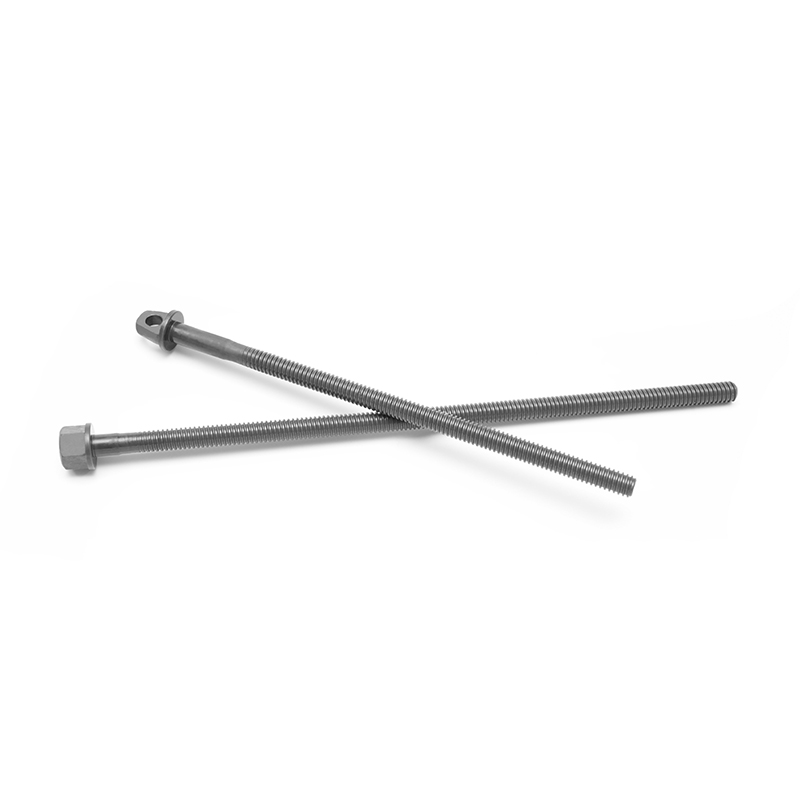The choice between polymer-based nuts and metallic nuts for trapezoidal lead screws involves several advantages and trade-offs. Here’s a detailed comparison of the two options:
Advantages of Polymer-Based Nuts
Reduced Friction
Polymer-based nuts typically have self-lubricating properties, such as PTFE or other additives, which reduce friction between the nut and the lead screw.
This eliminates or reduces the need for external lubrication, simplifying maintenance.
Quiet Operation
Polymers absorb vibrations and noise better than metals, making them ideal for applications where low noise levels are essential.
Lightweight
Polymers are significantly lighter than metals, which can be advantageous in applications where weight reduction is a priority, such as in aerospace or portable devices.
Corrosion Resistance
Polymers are resistant to corrosion and chemical exposure, making them suitable for harsh environments where metallic nuts might degrade.
Cost-Effectiveness
Polymer nuts are generally more cost-effective to produce, especially for large-scale production, and can reduce the overall cost of the system.
Wear and Tear on Lead Screw
Being softer, polymer nuts tend to cause less wear on the lead screw, extending the screw’s lifespan.
Trade-Offs of Polymer-Based Nuts
Lower Load Capacity
Polymer nuts have lower strength and load-bearing capacity compared to metallic nuts, limiting their use in high-load applications.
Higher Wear Rate
While polymers are self-lubricating, they can wear faster under high loads, high speeds, or abrasive conditions.
Temperature Sensitivity
Polymers have lower heat resistance and may deform or degrade in high-temperature applications, affecting performance.
Creep and Deformation
Over time, polymers can experience creep (permanent deformation) under continuous stress, leading to reduced precision.

Advantages of Metallic Nuts
High Strength and Durability
Metallic nuts, especially those made of bronze or steel, offer superior strength and wear resistance, making them suitable for heavy-duty applications.
Better Performance Under Load
Metallic nuts maintain dimensional stability and resist deformation under high loads or prolonged use.
Thermal Stability
Metals have higher resistance to temperature extremes, ensuring reliable performance in high-temperature environments.
Precision Applications
Metals provide higher rigidity and precision, which are critical in applications requiring tight tolerances.
Longer Lifespan
When properly lubricated, metallic nuts tend to have a longer operational life in demanding conditions.
Trade-Offs of Metallic Nuts
Friction and Wear
Metallic nuts typically require regular lubrication to reduce friction and wear. Without proper maintenance, they can wear out the lead screw over time.
Noise Generation
Metal-to-metal contact can generate noise and vibrations, which may be undesirable in certain applications.
Corrosion Susceptibility
Depending on the material, metallic nuts may be prone to corrosion in humid or chemically aggressive environments unless treated or coated.
Higher Cost
Metallic nuts are generally more expensive than polymer options, both in terms of material and machining costs.
Weight
Metals are heavier than polymers, which can be a disadvantage in weight-sensitive applications.
Choosing the Right Nut
The choice between polymer-based and metallic nuts depends on the specific requirements of the application:
Use Polymer-Based Nuts If:
Low noise, lightweight, or self-lubricating properties are critical.
The application involves moderate loads and operates in corrosive or chemically aggressive environments.
Use Metallic Nuts If:
The application demands high strength, precision, and durability under heavy loads or high temperatures.
Long-term reliability and performance in high-stress conditions are essential.
By carefully evaluating these factors, you can select the nut material that best suits the operational demands and environment of the trapezoidal lead screw system.

 English
English 中文简体
中文简体 Español
Español русский
русский عربى
عربى








